Official Florida Boating License Online
Get your official Florida Boating Safety Education I.D. Card by taking this official online course. $39.99
- Fast & Convenient
- Accepted in All States
- Instant Certification
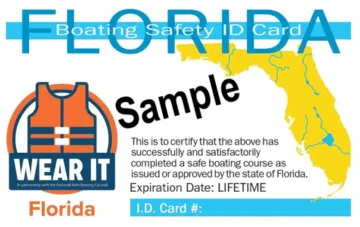
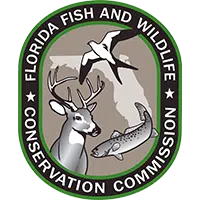

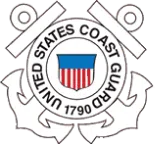
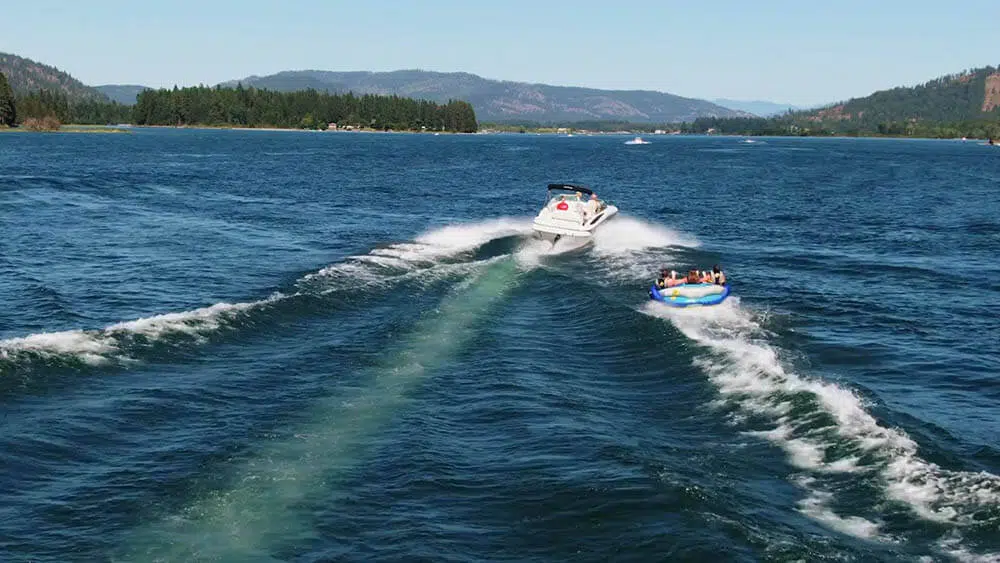
Official Florida Boating License Online
Get your official Florida Boating Safety Education I.D. Card with a convenient, affordable online course. $39.99
- 100% Online
- Accepted in All States
- Instant Certification




Recademics.com is an official delegated provider of the Florida Fish and Wildlife Commission.
Trusted by Boaters Coast to Coast

Official Course Approved By the Florida Fish and Wildlife Commission
This course has been designed as a provider, created in collaboration with, and approved by the Florida Fish and Wildlife Commission for the Florida Boating Safety Education I.D. Card.
- Website: https://myfwc.com/boating/safety-education/courses/
- Address: 620 S Meridian St, Tallahassee, FL 32399
Who Needs This Boating Course?
It’s the law in Florida! In Florida, if you were born on or after January 1, 1988, and intend to operate a motorized boat with an engine of 10 hp or more, you must take a boating safety course.
- You must be at least 6 years old to take this online course.
- You do not have to be a resident of Florida to take this online course.
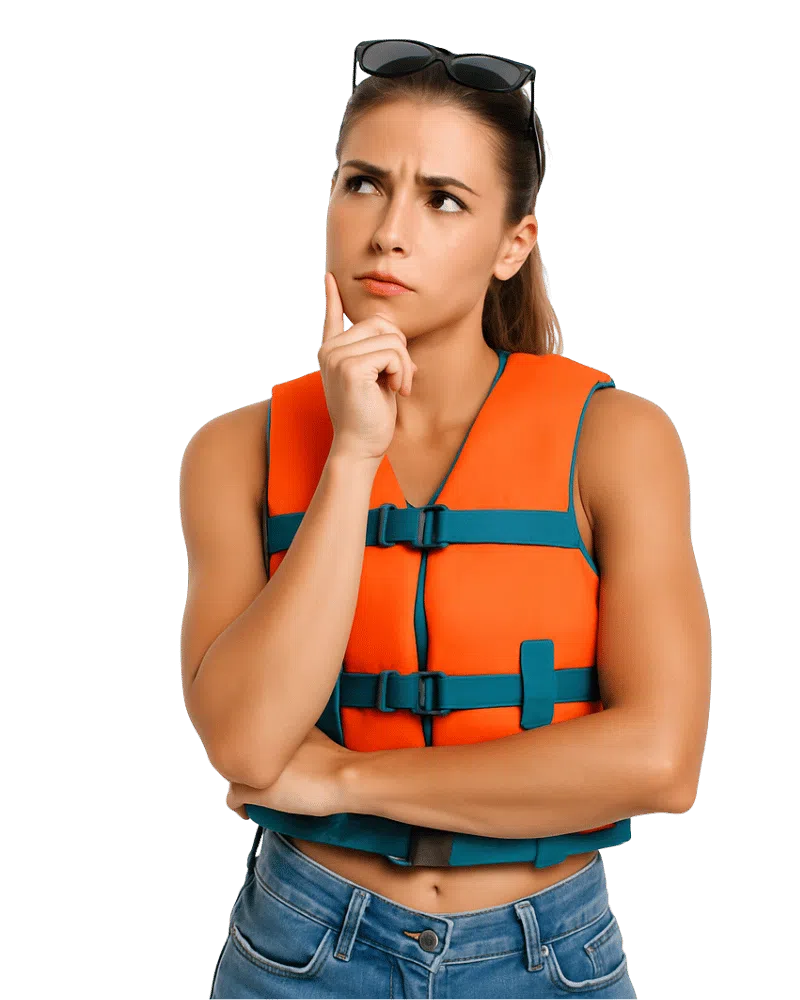
Get on the water with our fast and affordable online course. Officially approved by FWC and the National Association of Boating Law Administrators (NASBLA), this Florida boating course ensures you master essential boating safety skills and know local Florida boating laws. Upon completion, you will receive your Boating Safety Education I.D. Card
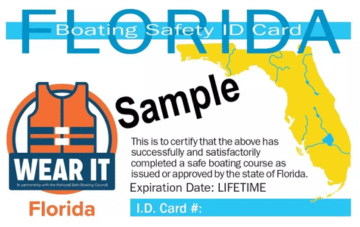
Recademics made getting my certification easy and fast. Officially the best course out there!
Becca M.
Kelly T.
Officially amazed by Recademics! Easy to understand material and quick certification process.
Erin W.
Fast course, got my certification in no time. Recademics is the best!
Lacey R.
Loved Recademics! Easy to navigate and the fastest way to get certified.
Sara K.
Recademics made getting my boating certification easy and fast. Officially the best course out there!
Jared H.
Stephen B.
Jose R.
Erin R.
Dennis B.
Kelly W.
See What People Are Saying
See what customers have to say for yourself!
How to Get the Florida Boating Certificate
Register
5 Minutes
Complete the Course & Pass the Test
3 Hours
Download Your Instant Certification!
1 Minute
Go Boating!
Instantly
Stay Safe, Stay Legal: What Boaters Need to Know About the Florida Boating License
Each year, boating accidents—many caused by inexperience or lack of education—lead to serious injuries and fatalities. That’s why Florida requires most boaters to complete a safety course and carry a boating license, officially named the Florida Boating Safety Education ID Card.
This card shows you’ve completed a state-approved course and understand the rules of the water. The program is managed by the Florida Fish and Wildlife Conservation Commission (FWC), which approves all course providers and enforces boating safety laws across the state.
What Is the Florida Boating License?
Often called a “boating license,” the Florida Boating Safety Education ID Card is proof that you’ve completed a boating safety course approved by FWC. It’s not a traditional license and doesn’t expire—but it is mandatory for many operators on Florida’s waterways.
Why You Need a Boater Safety Card in Florida
Legal Requirements
In Florida, anyone born on or after January 1, 1988, who operates a motorized vessel of 10 horsepower or more must complete an approved boater safety course and carry the card while operating the vessel.
Safety for You and Others
Boating education dramatically reduces the risk of accidents. The card proves you know Florida’s boating laws, navigation rules, and emergency protocols—making the water safer for everyone.
Who Needs a Boating Safety Card in Florida?
You need the card if you:
Were born on or after January 1, 1988
Operate a motorboat with 10+ horsepower
Use personal watercraft (PWC) like jet skis
Want to avoid citations, fines, or having your trip cut short
How to Get the Florida Boater Education Card
1. Take an FWC-approved boating safety course
Enroll in an online course like Recademics, which has been approved by the Florida Fish and Wildlife Conservation Commission. The course covers Florida-specific laws, boating responsibilities, and safety techniques.
2. Pass the Final Exam
Complete the course and pass the final exam. Upon success, you’ll receive a certificate of completion.
3. Get Your Boater ID Card
Your information is submitted to the FWC automatically, and you’ll receive a temporary operating permit immediately. The state emails your permanent Boater Education ID card.
How Long Does It Take to Get Boating Certified in Florida?
Florida-approved courses generally take 3–8 hours to complete online. You can finish at your own pace, and many providers—including Recademics—let you start and stop as needed. Once the course is completed, you can download a temporary certificate immediately while the FWC emails you the permanent certificate.
Benefits of Taking a Boater Safety Course in Florida
Stay Legal on All Florida Waterways
Whether cruising the Keys or fishing inland lakes, you’ll need your card to comply with state law.Reciprocity with Other States
Florida’s Boater Education ID Card is recognized by most other states with similar requirements—great for travel or seasonal boating.Reduce Risks and Gain Confidence
Learn how to handle emergencies, read navigation markers, avoid collisions, and respect other boaters.
See How Recademics Stacks Up Against The Rest
Florida-Approved
Video
Interactive
Customer Support
Price
Competitor 1
- Yes
- Some
- No
- Mostly Self-Service
Competitor 2
- Yes
- Some
- No
- Yes
Competitor 3
- Yes
- No
- Yes
- Mostly Self-Service
What Is In The Florida Boating Course?
Boating Terminology
Boat Types and Characteristics
Required Equipment
Trip Planning and Preparation
Safe Boat Operation
Navigation
Boating Emergencies
Florida Boating Laws and Regulations
Learn Florida boating laws, focusing on rules, registration, and safety. This knowledge is essential for responsible and enjoyable boating while preserving Florida waterways.
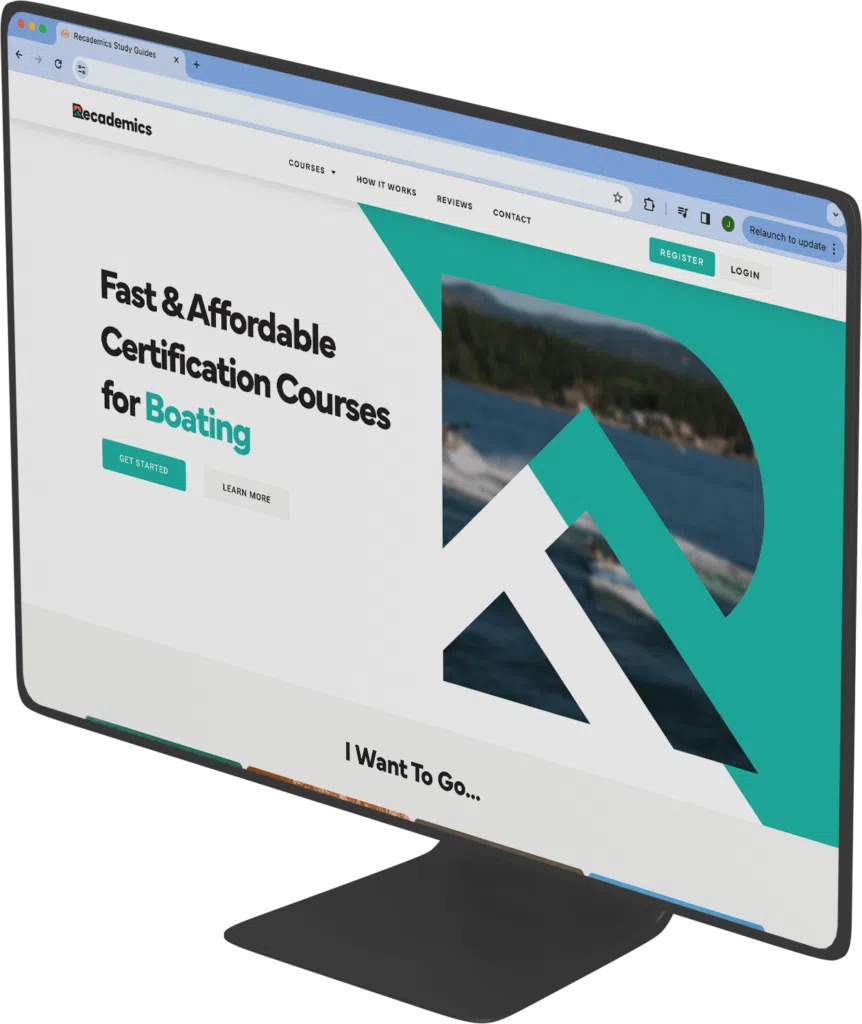
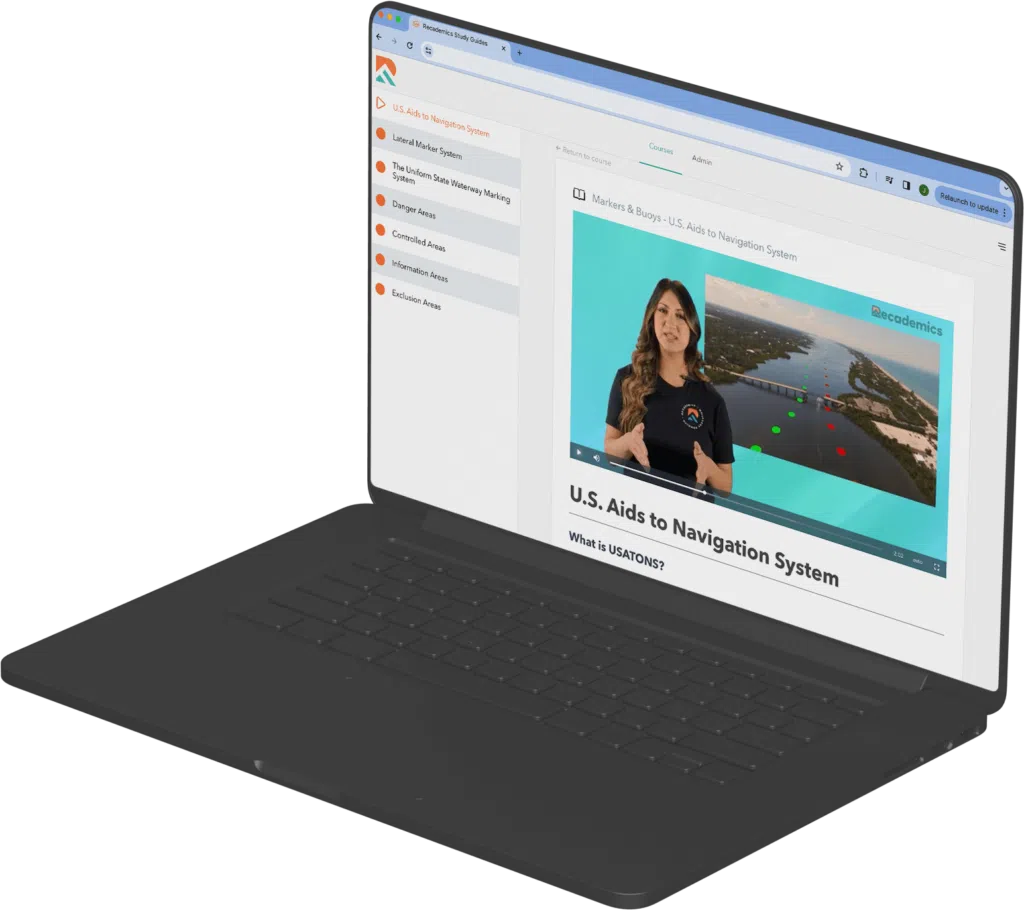
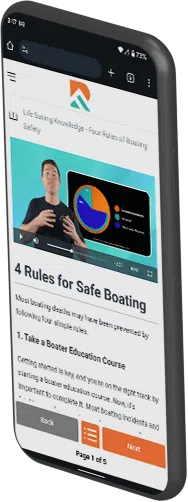
Recademics Course Features
Official
Certification
Finish the course and get your certification immediately, so you can start boating right away.
Affordable &
Aboveboard
Don't break the bank for boater education. Our course is budget-friendly, ensuring you can spend more money on the fun stuff, boating!
Safety with a
Splash of Fun
This course is filled with interactive learning challenges, real life examples, and engaging videos that'll have you hooked from the first click.
Live
Support
Enjoy peace of mind with live customer support. We don’t expect you’ll need it, but in the rare case you do, we’ll be here to answer your call.
Boating in Florida
Florida is a boating paradise with over 8,000 miles of coastline, thousands of lakes, and the famous Everglades. From the crystal-clear waters of the Keys to the bustling Intracoastal Waterway, there are endless opportunities for fishing, diving, and cruising. Boaters can explore hotspots like Biscayne Bay, Lake Okeechobee, and Tampa Bay. Due to the high boating activity, Florida mandates a boating safety course and license, ensuring enthusiasts can safely enjoy the state’s extensive waterways.
Florida Boating Course FAQs
What is the Florida boater safety course?
A Florida FWC-approved boater safety course is designed to teach the fundamentals of safe boating. It covers navigation rules, federal and Florida boating laws, safety equipment, and responsible boating practices. The course aims to reduce boating incidents on Florida waterways.
Who needs to take the Florida boating course?
In Florida, if you were born on or after January 1, 1988, and intend to operate a motorized boat with an engine of 10 hp or more, you must take a boating safety course..
The Florida Fish and Wildlife Commission encourages all boaters get the Boating Safety Education I.D. Card to stay familiar with Florida laws and regulations.
Is the Boating Safety Education I.D. Card good in all states?
All states and Canada recognize the Florida Boating Safety Education I.D. Card received from courses that are NASBLA (National Association of State Boating Law Administrators) approved. This is known as Reciprocity.
How Long is the Florida online boating course?
The Florida boating course typically takes 3 hours if taken online. The online format allows Florida users to complete it at their own pace, starting and stopping as needed. Set aside a weekend for Florida Fish and Wildlife Commission sanctioned in-person courses.
What is the cost of the course?
The cost can vary depending on the course you choose. Most FWC-approved courses are $35 – $60. The Recademics course for Florida is $39.95 and has a pass guarantee. If you don’t pass, you get your money back.
Can I take the Florida boater safety course online?
Is there an exam at the end of the boater safety course?
Yes, to receive a Florida Boating Safety Education I.D. Card, you must pass a final exam at the end of the course.
How do I get my Florida boating certificate after completing the course?
Does the boater safety certificate expire?
The Florida Boating Safety Education I.D. Card does not expire and is valid for life.
Can I retake the boater safety course if I fail the exam?
Yes, most course providers in Florida allow you to retake the exam if you do not pass on your first attempt. Recademics has a pass guarantee. You can retake the Florida boating exam and course for free if you fail the first time or get your money back.
What if I lose my boater safety certificate?
If you lose your Florida Boating Safety Education I.D. Card, you should contact the Florida Fish and Wildlife Commission. There may be a process and fee for issuing a replacement.
Planning On Visiting Another State?
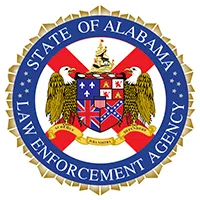
Alabama
Get Certified

Alaska
Get Certified
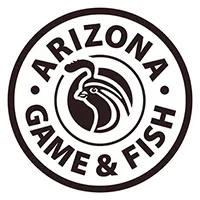
Arizona
Get Certified
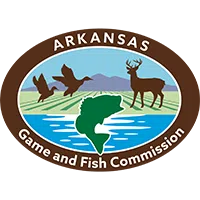
Arkansas
Get Certified
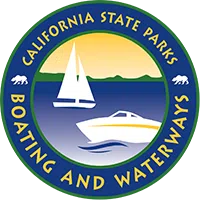
California
Get Certified

Colorado
Get Certified

Connecticut
Get Certified
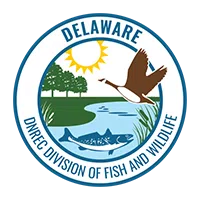
Delaware
Get Certified

Florida
Get Certified
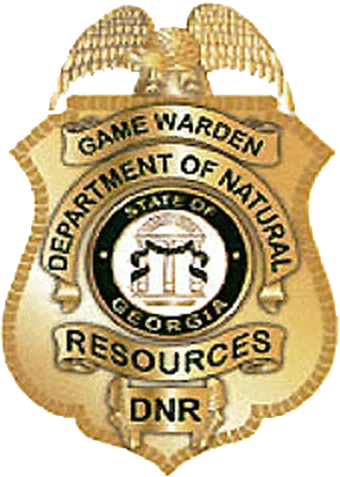
Georgia
Get Certified
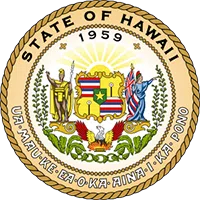
Hawaii
Get Certified

Idaho
Get Certified
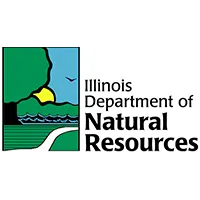
Illinois
Get Certified
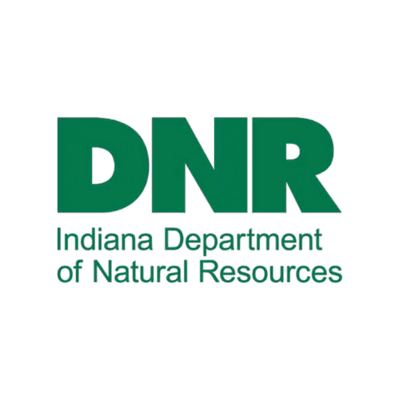
Indiana
Get Certified
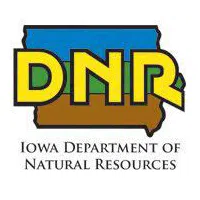
Iowa
Get Certified

Kansas
Get Certified
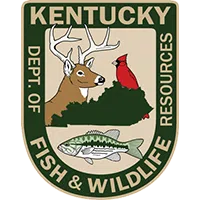
Kentucky
Get Certified
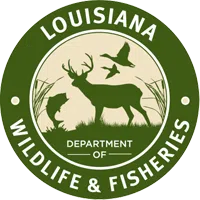
Louisiana
Get Certified
